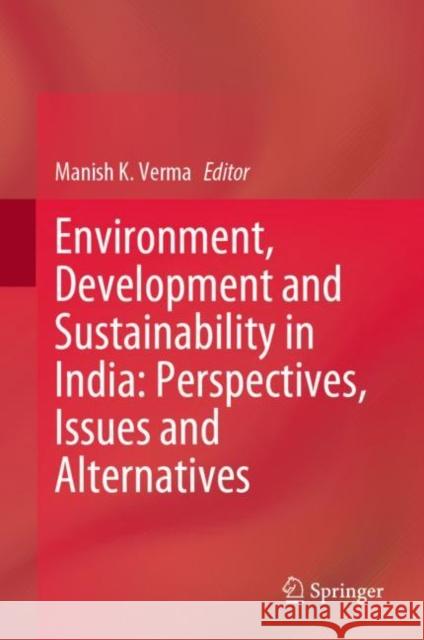Environment, Development and Sustainability in India: Perspectives, Issues and Alternatives » książka
topmenu
Environment, Development and Sustainability in India: Perspectives, Issues and Alternatives
ISBN-13: 9789813362475 / Angielski / Twarda / 2021 / 329 str.
Environment, Development and Sustainability in India: Perspectives, Issues and Alternatives
ISBN-13: 9789813362475 / Angielski / Twarda / 2021 / 329 str.
cena 201,24
(netto: 191,66 VAT: 5%)
Najniższa cena z 30 dni: 192,74
(netto: 191,66 VAT: 5%)
Najniższa cena z 30 dni: 192,74
Termin realizacji zamówienia:
ok. 16-18 dni roboczych.
ok. 16-18 dni roboczych.
Darmowa dostawa!
Kategorie:
Kategorie BISAC:
Wydawca:
Springer
Język:
Angielski
ISBN-13:
9789813362475
Rok wydania:
2021
Wydanie:
2021
Ilość stron:
329
Waga:
0.72 kg
Wymiary:
23.88 x 19.56 x 2.03
Oprawa:
Twarda
Wolumenów:
01











